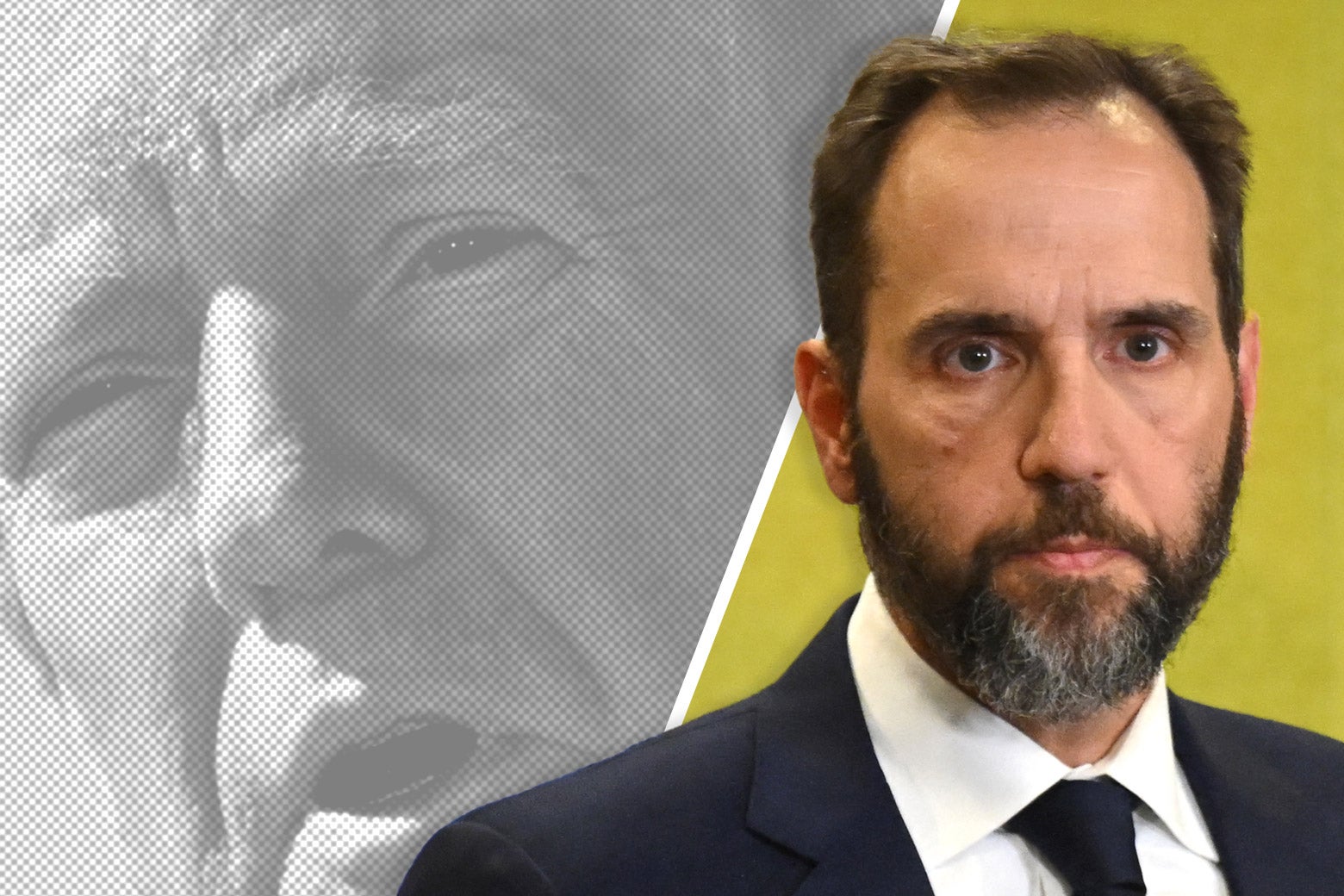Politics
Trump’s Team Aimed to Keep Key Evidence Sealed

Trump Trials: What’s Inside the Evidence Document He Desperately Wanted to Keep Sealed
Donald Trump has been found guilty of 34 felony counts in the New York hush money case, but the journey through the legal system is far from over. As we navigate through the many legal challenges facing Trump—including Jack Smith’s federal election interference and classified document cases, along with Fani Willis’ Georgia election interference case—there are updates to keep an eye on. Each case has faced its share of complications, prompting us to provide ongoing updates on Trump’s legal saga.
Special counsel Jack Smith has been particularly active in recent weeks, revealing a significant amount of evidence in his January 6 case while also defending the charges against Trump in court filings. In Georgia, Fulton County District Attorney Fani Willis is fighting to restore charges that a judge recently struck down in her extensive election interference case.
Jack Smith has started unsealing additional evidence. Last week, U.S. District Court Judge Tanya Chutkan made public part two of Smith’s opening brief, a comprehensive document outlining the evidence federal prosecutors intend to utilize against Trump. This appendix, nearly 1,900 pages long and divided into four sections, is packed with content, though much of it is redacted. Among the contents are communications between Trump’s campaign and its attorneys leading up to January 6, alongside previously available information such as Trump’s historical tweets and excerpts from former Vice President Mike Pence’s memoir.
Despite Trump’s legal team trying to block this appendix from public disclosure—claiming it would interfere with the electoral process—Judge Chutkan ruled in favor of transparency, emphasizing the public’s right to this information.
The first volume of Smith’s appendix, totaling 723 pages, predominantly contains testimony provided to the House January 6 committee, established after the insurrection. Most identities in these testimonies were redacted, and many pages appeared blank, except for a bold “SEALED” notation to respect confidentiality orders. However, one revealing interview details a White House employee’s interaction with Trump right after his notorious speech at the Ellipse on January 6. Reportedly, this employee informed Trump that the broadcast had been cut off due to a riot at the Capitol, while also bringing him a remote and a Diet Coke.
Volume II of the appendix mainly features Trump’s old tweets, many of which were already public. These tweets illustrate his persistent claims that the 2020 election was rigged, including a memorable post asserting he “WON THE ELECTION!” on November 16, 2020, and referencing Trump’s tweet announcing the firing of Christopher Krebs, who publicly challenged Trump’s fraud allegations.
The third volume focuses significantly on Pence’s memoir, highlighting moments that uncover Pence’s attempts to convince Trump of his electoral loss. Pence’s reflections on a contentious meeting with Trump’s lawyers provide further insight, including a moment when Rudy Giuliani told Trump over speakerphone that his lawyers were not being truthful.
The fourth section contains a wealth of internal communications among former Trump campaign officials and attorneys, revealing memos about potential scenarios for the Senate’s electoral vote certification process on January 6. Although these memos are largely redacted, they provide a glimpse into the campaign’s strategy in the wake of the election.
Meanwhile, Smith has also been defending the obstruction charge against Trump, despite limitations set by the Supreme Court in a recent ruling that narrowed the application of the Sarbanes-Oxley Act. Trump’s defense argues that this ruling undermines Smith’s case, but Smith contends that the decision clarified certain aspects of the law instead of nullifying it.
In Georgia, Fani Willis has sought to reinstate six previously dismissed charges against Trump related to his infamous phone call with Georgia Secretary of State Brad Raffensperger, wherein he requested that 11,780 votes be found to overturn election results. Earlier rulings dismissed these charges for lack of detail, and while Willis has argued that her original indictment included sufficient context, the legal battle continues.
As this complex saga unfolds, with various accusations and defenses at play, the public remains glued to each development, signaling a noteworthy chapter in American legal history and its intersection with political discourse.
Stay tuned for further updates on Trump’s ongoing legal challenges as they progress through the courts.
